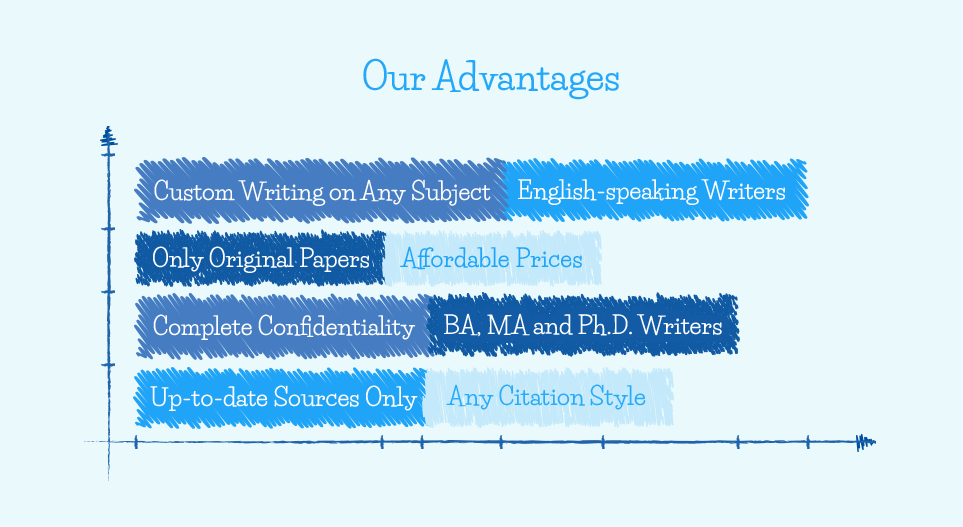Germany and the World War I
Germany was a great empire from 1871 after the unification until 1918 when Kaiser Wilhelm II abdicated, and the country became a federal republic (Kitchen 108). The country had twenty-seven territories headed by royal families. The country had high levels of industrialization, a strong army as well an enormous population size. At the time, most of the European countries were in the process of transformation from monarchies to constitutional states. Wilhelm II was very ambitious in his reign, and he wanted to improve the status of Germany and promote the dominance of his country in Europe and on other continents. Therefore, it was decided to undertake industrial expansion to boost the economy. As a result, it necessitated the acquisition of raw material bases in colonies, and a strong military to safeguard the interests of the country. The current essay proves that the expansion in the above-mentioned three spheres led Germany to World War I.
By 1870, Germany had intensified the industrial process to make its domestic market competitive with other industrial countries in Europe such as Britain. Another aim was to compete with the powerful countries in the foreign market, for example, in the United States of America. The country heavily invested in the production of electricity, chemicals, and vehicles. This development continued to the 1890s when Germany was under the rule of Wilhelm II. To secure a vast raw material resource base as well as the market of industrial goods, the country under the leadership of Wilhelm II annexed more territories in Europe, thus creating a hostile attitude. For instance, Germany and France had endless debates over the struggle for industrial bases (Broadberry & O’Rourke 30). In addition, the debates emanated due to the emulation in the market of industrial goods as well as the sources of raw materials (Mulligan 7). For this reason, Germany perceived France as a major threat in Europe, and it caused the invasion of the latter at the beginning of World War I.
You can contact us if you want to Buy History help on this or any other topic.
Colonial expansion as a way of boosting German imperialism also contributed to Germany’s participation in World War I. Before the 1890s, Germany was not interested in the acquisition of colonies but wanted to increase its dominance in Europe. However, upon Wilhelms II’s rise to power, his policy became aggressive and was aimed at expanding colonial bases in Africa, Asia, and the Pacific region. Such aggressiveness threatened other countries such as Japan, Britain, Russia, and the United States (Gann & Duignan 40). Wilhelm II had a strong urge to assert Germany’s superiority complex over other world powers. The colonial expansion triggered disputes as well as interventions, and it created tension and suspicion between the European powers. Therefore, they started to form alliances, such as the Allies consisting of Britain, Russia, and France among others, and the Central Powers that included Germany and Austria-Hungary. As a result, the polarization of the European continent started. Such suspicion and polarity triggered the arms race that culminated in World War II (German History in Documents and Images 7).
The expansion of colonies and the associated dispute created hostility between Germany and other countries, such as France, and the German determination to secure itself against the threats led it to the military expansion activity. The other motivation for the development was to counter the superiority of the British Navy, and this made Germany shift the focus to the increased industrial production of artillery machines to enhance the strength of the land army. In 1906, the disagreement between Germany, France, and the United Kingdom over the status of Morocco resulted in Kaiser’s support of the Sultan of Morocco (Soroka 114). By 1912, the country had a vast army that caused the manifestation of its pride through provocative campaigns (German History in Documents and Images 7). Germany began the war by attacking France under the perception that it was a threat to its national interests in Europe and abroad (Bartov & Weitz 55).
Apart from the above factors, political alliances also drew Germany into World War I. For instance, Germany was a strong ally of Austria-Hungary (German History in Documents and Images 7) and other European Powers also formed alliances with their friendly countries. After the assassination of the Archduke Franz Ferdinand of Austria by the Serbian assassin, Austria-Hungary issued an ultimatum to Serbia, and the latter did not accept all the terms. It prompted Austria-Hungary to mobilize its troops to attack Serbia, therefore, Germany entered the war as an ally of Austria-Hungary against Serbia (King 207).
The claims by historians that Germany was responsible for the outbreak of World War I are wrong and biased because the war was an international affair and thus other countries are also responsible for the war. The formation of alliances amplified the war between Austria-Hungary and Serbia and led to World War I.
World War I was triggered by the conflict between Austria-Hungary and Serbia and other European powers supported their preferred party. For example, Germany provided its support to Austria-Hungary. The point clearly shows that Serbia and Austria-Hungary were primarily responsible for the war while other countries including Germany played the secondary role. The murder of Archduke Ferdinand of Austria by the Serbian fugitives was a political move to initiate the separation of the South Slav provinces from the country and the consequent union with Yugoslavia. After the murder, Austria-Hungary delivered an ultimatum to Serbia to arrest the criminals and fire the involved army officers. After Serbia ignored the warning, Austria-Hungary responded by withdrawing its ambassadors and mobilizing troops to attack Serbia. Austria-Hungary received German support while other countries made their own choices and joined the selected allies, thus World War I began (King 212).
The arms race was not only a German affair as other European countries participated in it as well. For instance, Britain had an unyielding navy that made it the hegemon in Europe (German History in Documents and Images 7). Just like Britain, Germany wanted to boost and protect its power by expanding its army. However, the arms race brought tension between the countries and thus the beginning of World War I. That is why the militarization of Germany is not a sufficient reason to assume that the country was solely responsible for World War I since the neighboring countries were also militarized. Therefore, Germany was not the only country that contributed to the outbreak of World War I.
In conclusion, due to industrial expansion, Germany played a crucial role in World War I. In addition, Germany’s expansion of colonies led to the hostile attitude of such countries as France. Colonial expansion and arms race also contributed to the hostilities between Germany and other nations, and thus creating the environment for war. Apart from those reasons, its political cooperation with Austria-Hungary involved the country in the war after it allied with the latter in the conflict with Serbia. However, it is unfair to state that Germany was responsible for the war due to its alliance with Austria-Hungary since other European powers also allied with Serbia during the conflict. Additionally, several European powers participated in the arms race, and thus Germany was not the only militarized country. Lastly, the conflict over colonies proves the guilt of all European Imperialists because none of them had legal claims over their colonies.











